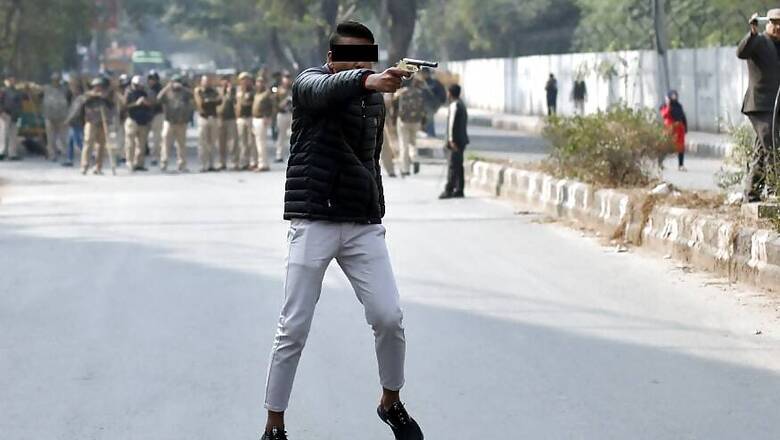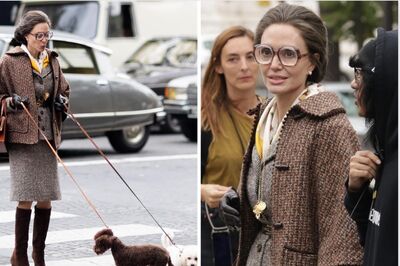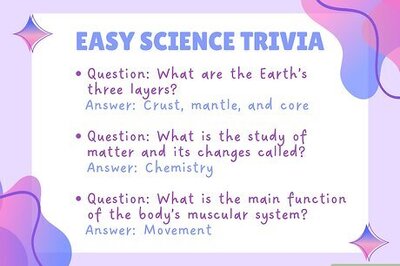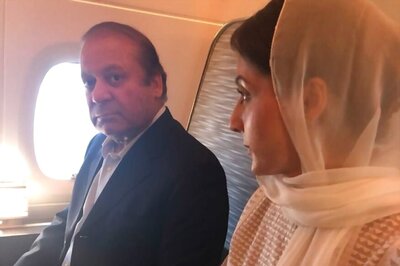
views
New Delhi: The Jamia firing incident of Thursday has brought into focus once again the question of juveniles and their trial as adults.
The Aadhaar card of the accused accessed by CNN-News18 shows his date of birth as April 2002. This means at the time he opened fire on an anti-CAA rally, the accused was less than 18 years of age.
The Juvenile Justice Act of 2015 had made provisions for a juvenile to be tried as adult, but only if he is accused of a heinous crime.
The JJ Act of 2015 states that a juvenile is any person who is below the age of 18. Section 2(33) of the Act states that an offence for which the minimum sentence of seven years imprisonment or more is prescribed shall be treated as a heinous crime.
But the Act is silent on crimes for which minimum punishment has not been prescribed like attempt to murder, the charge against the Jamia shooter.
Delhi Police sources say the Jamia shooter has been charged with Section 307 — attempt to murder — and Section 25-27 of the Arms Act. The Indian Penal Code prescribes 10 years as the maximum punishment for Section 307.
“Whoever does any act with such intention or knowledge, and under such circumstances that, if he by that act caused death, he would be guilty of murder, shall be punished with imprisonment of either description for a term which may extend to ten years, and shall also be liable to fine,” the IPC says.
Under Arms Act sections 25 and 27, the maximum punishment is three years. Under both these sections, no minimum punishment has been mentioned.
The Supreme Court, in the 2016 Mercedes hit-and-run case, recently ruled on the question of what constitutes a "heinous offence" under Section 2(33) of the Juvenile Justice (Care and Protection of Children) Act, 2015 (JJ Act) and which category of juvenile offender can be tried as an adult.
The court ruled that any crime for which minimum punishment prescribed in law is seven years should be considered heinous.
The Supreme Court in the Mercedes case has ruled that cases in which minimum punishment has not been mentioned should be seen with a bent favourable to the juvenile.
Justices Deepak Gupta and Anirudha Bose ruled that there is a category of crimes where minimum punishment has not been defined and in such cases, juveniles should not be treated as adults.
“We are conscious of the views expressed by us above that this Court cannot legislate... Since two views are possible we would prefer to take a view which is in favour of children and, in our opinion, the Legislature should take the call in this matter," Supreme Court said while ruling that offences in the “fourth category” — which have not been included in any category — shall be treated as serious offences till the time the Legislature fills the gap and clearly spells out its intent.
The ruling in first week of January was pertaining to a 2016 case where a 32-year-old was killed in an accident after being hit by a Mercedes. The car was allegedly being driven by a teenager who was just days away from attaining the age of majority.
Meanwhile, police investigation is on to ascertain the validity of the documents presented by the Jamia shooter, which claim he is not an adult.




















Comments
0 comment